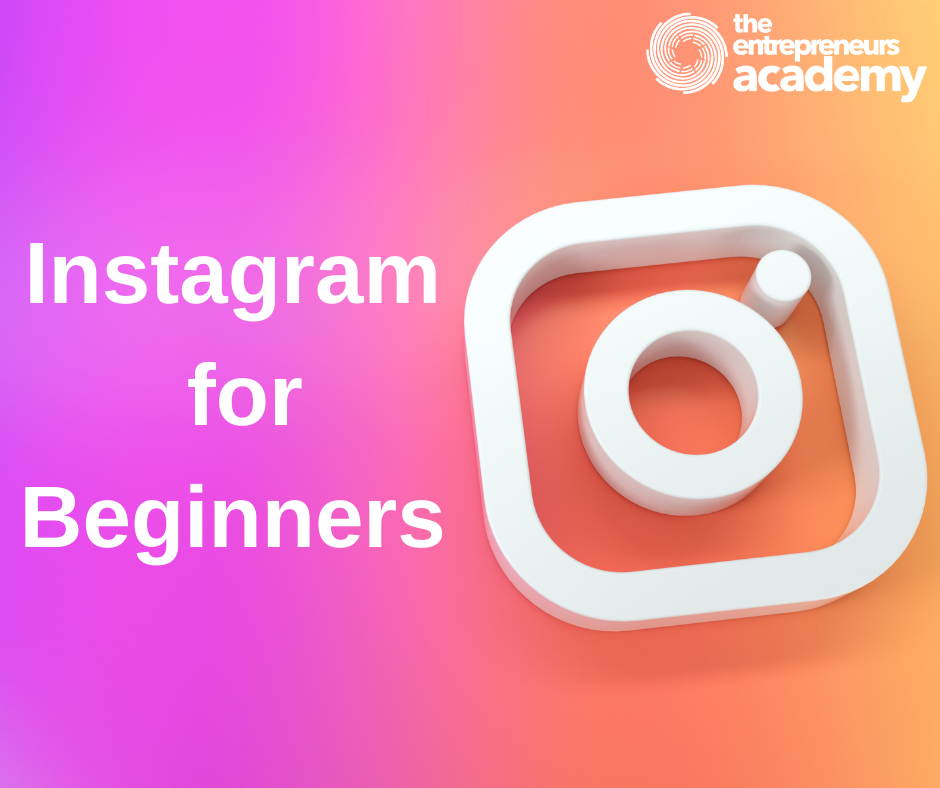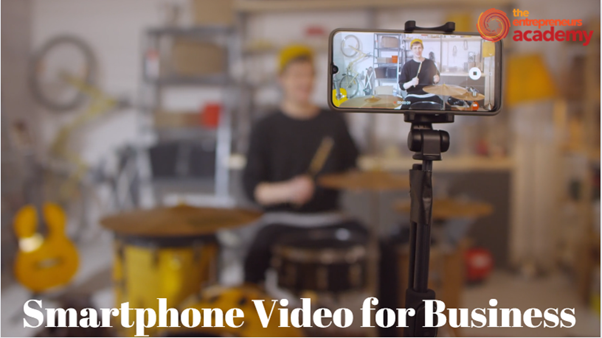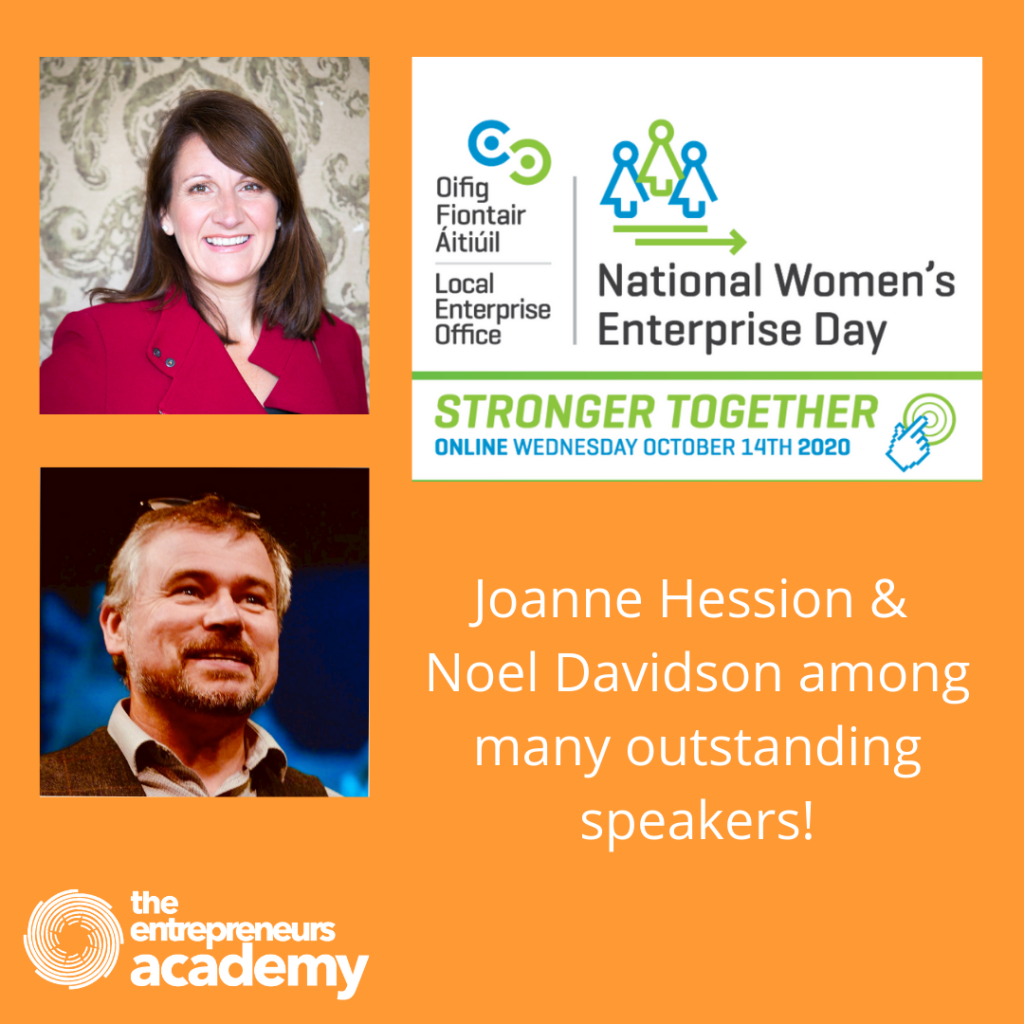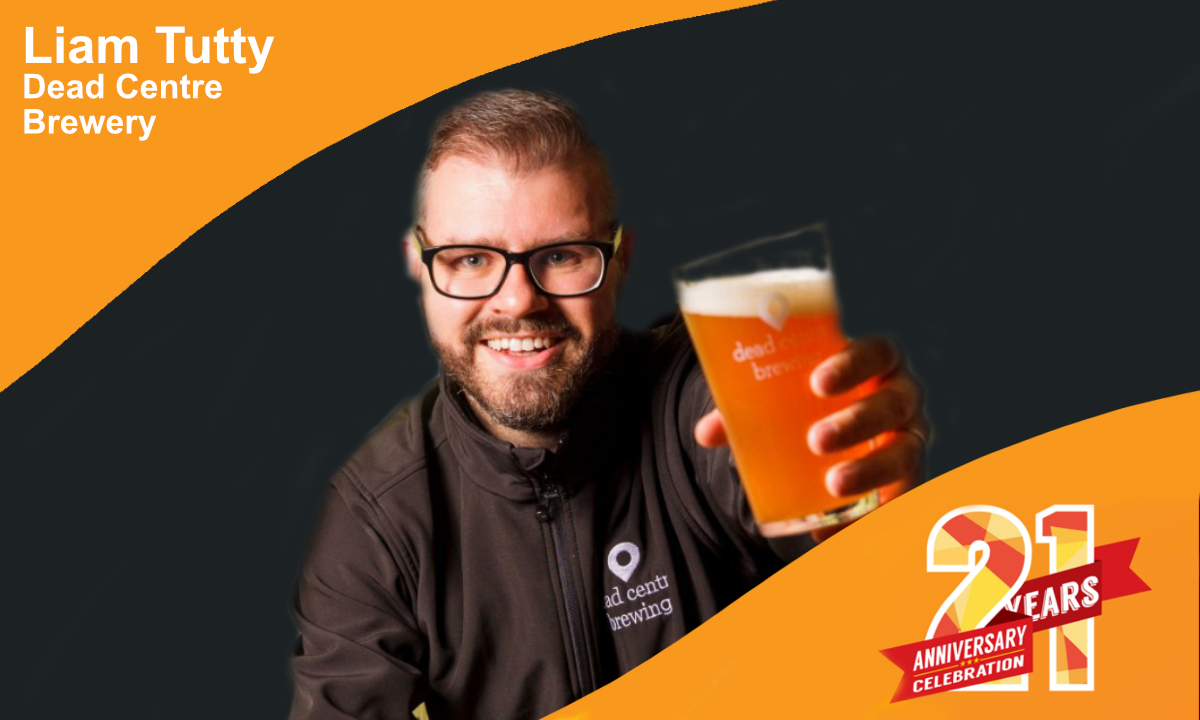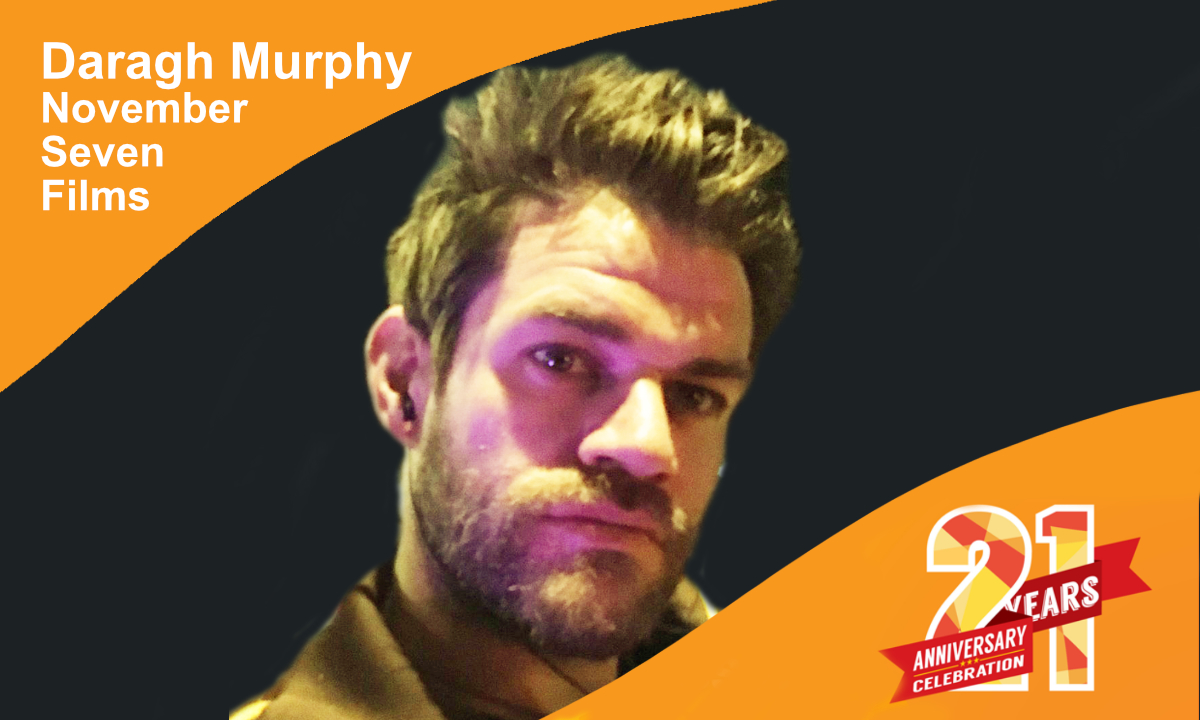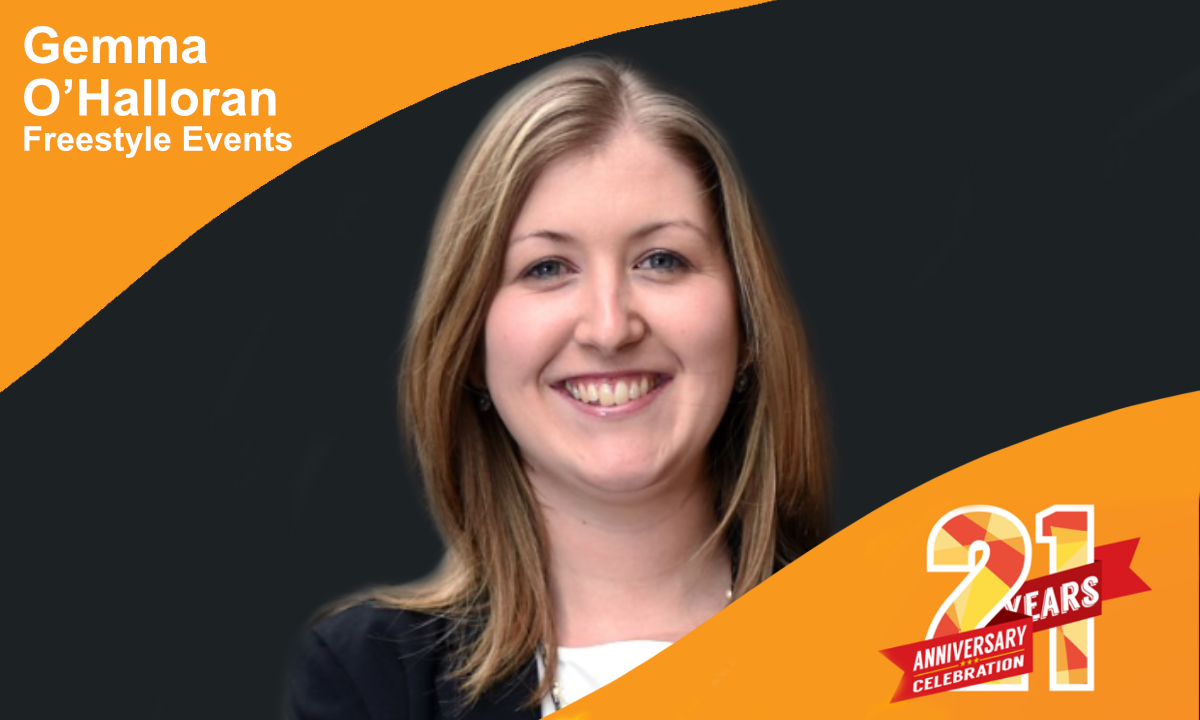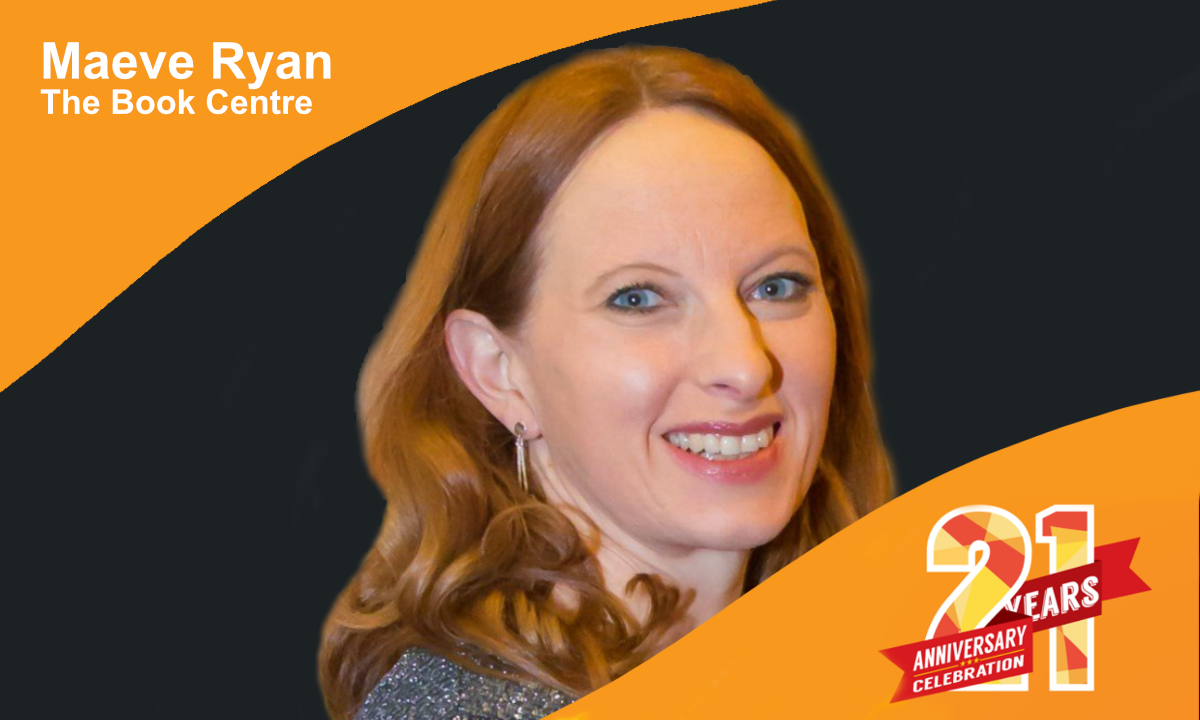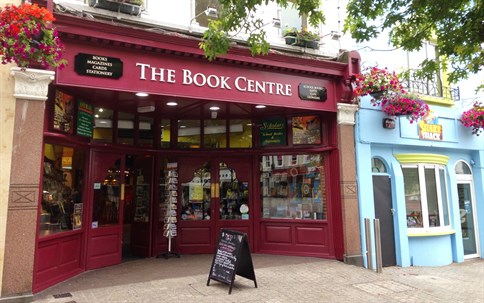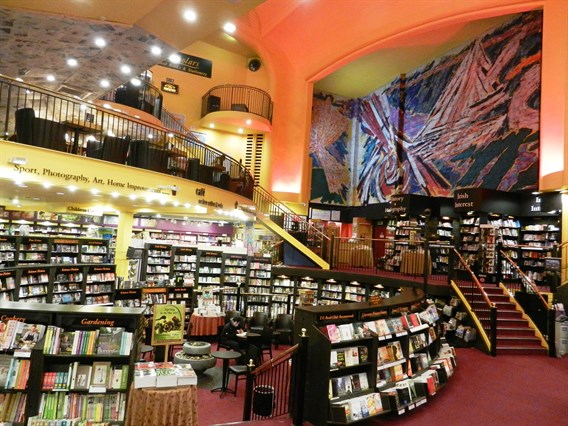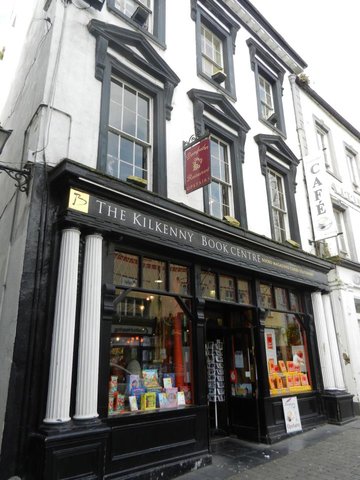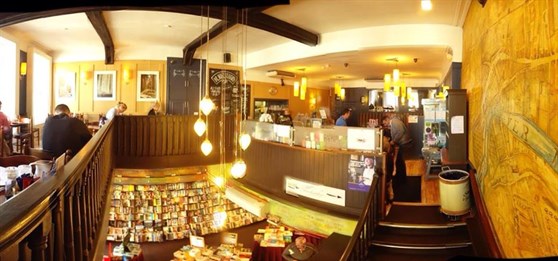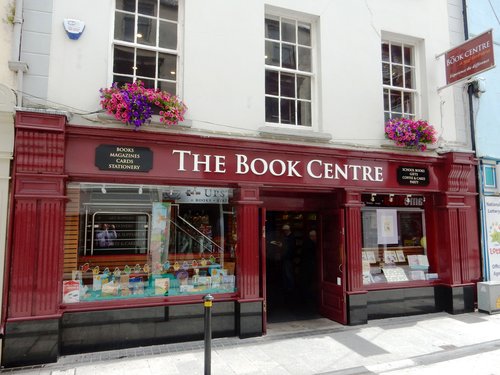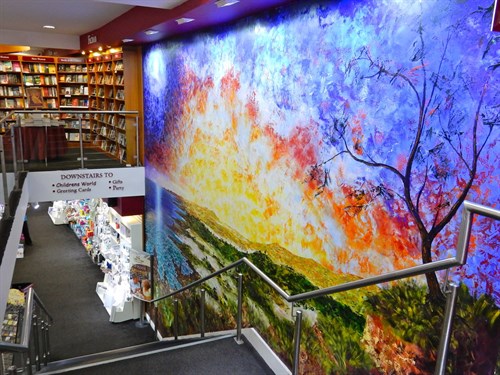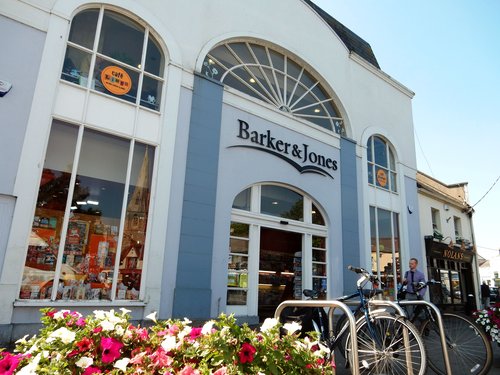Gemma O’Halloran is the owner and founder of Freestyle Events and has participated in two programmes with The Entrepreneurs Academy. Firstly a Start your Own Business programme in 2012 and she is now a participant on Thrive which is a two-year programme. Watch the interview with Gemma above, or read through below.
I’m joined by Gemma O’Halloran – Hi Gemma.
Hi Noel. How are you?
So can you tell me what the business name is, where you’re based and briefly what your business does?
My business is called Freestyle events, we are based down here in Gorey, in County Wexford. Basically we’re an event project management service. We take care of those events like conferences, galas, awards nights, expos, where any business or any event organizer has a gap in the time available, expertise available, or they have a leadership gap – or they just aren’t getting the results and would like somebody else to come in and help them. That is the solution that Freestyle provides. What we try and do is to work strategically with each of our clients to find out exactly what needs to be done and then to strategically work together towards creating an event, an impactful experience that ticks the boxes for both the attendees and for any stakeholders that are involved. Because events can get quite complicated, they can get quite stressful. So that’s where Freestyle Events come in. We are a flexible solution for companies and for events who need that little bit of extra help to make sure that the event has everything that they want it to be.
That is a fantastic range of offerings, Gemma, that you’ve put together as a business. For the sake of the viewers and the listeners, what course did you do with the Entrepreneurs Academy?
I think the first course that I did with Entrepreneurs Academy or with the group was back in 2012. I did a Start Your Own Business course and I had been thinking about starting my own business for several years by then, actually it was already a nugget of an idea, but I just wasn’t in the headspace yet. So I decided I needed to research, as I do. So I went to the Start Your Own Business course and it was absolutely fantastic. It gave me a great overview and then, at the moment, I’m actually on the Thrive course, being run by the business growth program. So I suppose, I’ve had two major courses for my
business, both through the Entrepreneurs Academy.
Gemma, at what stage were you at with your business or your idea when you did the very first course with the Entrepreneurs Academy?
When I did the Start Your Own Business courses to say I really was just at the very beginning. I really needed to better understand what was involved in being in business and I really needed to understand what was going to be involved to be successful in business. Because I knew events inside out, even at that stage. I started working in events in the beginning of 2007 and I had started, I got my postgraduate diploma and I
was like, okay, let’s go. But I hadn’t really thought so much about going into business, I suppose the Start Your Own Business course gave me the confidence I needed to get some things in place to ask questions, which is huge. You can get information, but being able to ask the questions that are relevant to you, which was really huge. So that was brilliant.
And then Thrive, I suppose. Gosh, times now what, 2019 it was when I started in Thrive and it came at a perfect time. I’m nearly five years in business, four and a half years, I’m in business. And it was just perfect timing because my headspace was now turning towards growth, turning towards working on my business, not just in my business. So it was the perfect accompaniment to that. And the people are great, so you get great training in different ways, but then you also have the group of people who were on the course with you and we’re all sharing experiences, learning, asking questions, figuring things out together. And it’s just been a perfect timing because I was ready to make changes in the business. I had to make changes in the business and it made a huge difference to have the support there. Thrive continues to, to have the support there with Thrive.
So you mentioned there, moving from the Start Your Own Business course to our Thrive course. What was the catalyst either before or after joining Thrive that made you make changes to your business?
So when I started with Thrive, I had a business. I had been in business about four years. You know, it was going well. You know, I had great clients. All my business was word of mouth and referral, which was amazing and you know, in theory everything was fine. But for me, I just knew there was something, there were different things that I needed to finesse. I knew there was a different way that I could look after the business and what I was doing. And my hope was that by going on this course, which to be honest, I came across quite, you know, by accident, through networking. And I was so delighted that I did because it has, as I say, I had the idea for the business. I knew that the business was event management. I knew that’s what I was doing. I knew what I had done for my clients, but I really hadn’t finessed exactly what I was doing and how I was doing it and how that was a business. So it was in fact the perfect timing and it did help me shape. It is helping me shape what I’m doing and it gives me support and confidence to go after things I want to do with the business. And that’s what makes 2020 such a big year. It was just perfect timing and remained so, so that, that’s the big thing for me.
So you mentioned there Gemma, the value of networking. So you would have built up contacts and have you added to your team, have you people working with you?
Right. So Freestyle Events is just me. I’m a solopreneur if you want to call that a sole trader. But I do have an extended team that I work with. Other freelancers, other consultants, other micro businesses, small businesses. I call them the freestyle network. They are the group of professionals who know how to do amazing things that are all required around events, in different stages, different times. So like event managers, registration managers, transportation coordinators, virtual assistants. Fantastic. You know, helped me with marketing and other smaller details. And then, you know, there’s also pure teams, the different consultants there digital marketing, websites, branding, anything and everything. An event is many things and sometimes a client requires me to come in with a solution that ticks all these boxes. So that’s the nature of Freestyle Events. That’s the great thing about Freestyle Events.
It can scale up and scale down depending on what the exact clients’ needs are. So, you know, and in that way it’s incredibly lean. It’s incredibly efficient and it’s a bespoke solution for each client on their brief and on their needs. So that has been amazing. So I suppose, I’ve a network of subcontractors, if you want to call them that. My, I call them the freestyle network and we work together either the planning or the execution of the actual event itself. And that’s my team. They’re the people I love to work with and it’s brilliant because I keep meeting new people. I keep finding out about new insights, new people who do different things and together we have chats and we can create something new and we’re all constantly fresh cause we’re all working on different projects at different times. So it’s amazing what you can do when you’re a group of people who are experiencing different things on a daily basis and then you come together as a team on one particular project. It makes for great results. I absolutely love it.
That’s amazing to hear how the business has grown with you leading it from the front. So I suppose that leads on to asking you what are you most proud of so far? What’s the greatest achievement?
Wow, that’s a big question. I think I’m proud I did it. You know, I think I’m proud I did it. I was employed for nearly 10 years in events before I went and did and started up my own business. I think I’m proud I did it. I’m really, I’m proud of my team, the people I work with and the results and the service we deliver to our clients. Without exception, we give 150% and you know, seeing a project come together that you’ve been working on, that you’ve been, you know, thinking about, talking about, figuring out doing is huge source of satisfaction. So I would say I’m really proud of that track record. There are moments where you could just burst with pride, you know, with certain things that happen when people work together and you see the results seemlessly coming together in an event we see the attendees really, really enjoying, you know, the planning and the design of an event that you have been part of. That’s really cool. It’s really great. It keeps me motivated. So I’m proud of all of that. Because being in business, running events are all challenging things and you know, if, if there was anything to be proud of it, it’s doing your best for the people and being able to run your own business successfully and continue to do so.
Leading on from successes, I suppose, what is the greatest challenge that you have faced within the business?
Well, the greatest challenge. Okay. That’s probably, that’s probably an even bigger, a bigger question to answer at this stage. I would say the biggest challenge is to have the faith. It still holds your nerve. When there’s so much about having your own business, it’s amazing. There is so much about it that I absolutely love, it’s been something that it has made me thrive not to overuse the course name, but it has made me thrive and I absolutely love it. But there are moments where cheerfully, you would just go, Oh my God, I can’t do this. I need to say I’m going to walk away. I’ve never quite got that far. But there are moments, particularly around, you know, financing and managing all the red tape and all of these kinds of things. Where you go. Right? Hold the nerve, take a moment to catch the thoughts. Don’t let it go too far. Put a plan in place and find a solution. I’ve managed to start to get, got to be at the challenge is holding the faith. It’s, you know, constantly keep on going and enjoying and believing and supporting. And I think the more there’s a group of people around you, like in Thrive where we have an amazing group of people plus the trainers plus everything else it is amazing because you feel like you’re, when you’re working on your own, you can be in a silo sometimes. And I think that’s, you know, the other part of the equation, it’s keeping connected to people. It is talking to other people. It’s sharing the questions you have about your own business and helping them find solutions. It’s asking for help when you might need it. I think that’s a challenge. I think that’s something that does pop up for a lot of entrepreneurs, but there are solutions out there, there are ways to do it and if you work hard and you know, you have your plans for marketing, you’re getting out there, you will get your sales and you know, finance and everything will come with that. But it takes time. And so yeah, I’d probably say that’s probably core of the challenge about having your own business.
That’s great, Gemma. What advice would you give other entrepreneurs based on what you’ve were experienced so far?
Advice? Advice… do it, if you have a great idea. Do it. Okay. Seriously though I would say simplest questions are the toughest ones to answer. So take your time to figure those out, because if you figure those out, you’re absolutely golden. So what I mean by simple questions, I mean, why are you in business? What are you doing? What problem do you solve? What problem does your business solve? What is the solution that you provide? You know, who are you providing that solution to or for? Who is your ideal client and how are you going to reach that ideal client? And these are really simple questions, but they are really challenging at times to answer. But if you really drill down into it and distil down everything you could think about for your business and simplify it, they’re amazingly strong answers. If you have those answers, you can base everything that you do for your business around that.
It’s really easy then to explain very quickly what your business does. You solve a problem. You know, why are you doing it? And then all the other information that you received and all the training that you would receive goes with that. That’s another thing I would say , advice wise, there are a lot of different trainings out there with different groups, networking groups, LEOs, private groups. There is an awful lot on offer. Do your best to go to things that will help you understand more. I would say that’s been a huge help to me. But I like researching. I like hearing, learning and trying new things. So that’s always been huge for me. I would say be yourself, you know, as the quote goes, ‘Be yourself, everyone else is taken’ – it’s your business. You’ve most likely started your business because you had an idea or you wanted an idea, an idea of what you wanted to sell or an idea and then how you wanted your life to be. So work on your business in order to create that life and that balance and how everything works. Don’t get lost in the business. One of the big things that came out of Thrive for me was during the leadership mastermind sessions that we had, with Murieann Fitzmaurice. She mentioned the book, The E Myth to me. And to be honest with you, I went on Amazon and I had a quick look, to see what a few of the different recommendations were. I said, okay, this sounds like it was just perfect timing.
I was so ready to hear what that book had to say. It goes into how you can be in a technician role, manager role, an entrepreneur role in your business. I was very stuck in the technician, little bit of manager, but really stuck in the technician and I wasn’t really happy there. It wasn’t bringing out the best in me and I was still delivering for the clients, still doing all that, but I was getting slightly miserable and that wasn’t good for anyone. So, through reading that and just exploring things myself and asking myself some really hard questions, I’ve now turned it around quite a bit and I now treat my business like one of my clients. I’m now working on the business and the changes that are going to come from that are hopefully going to be amazing. 2020 looks set to be the most adventurous and interesting year for us in Freestyle and for me. I’m really, really grateful for that. I’m really looking forward to seeing what happens, slightly terrified, but really, really excited to see what happens. So I would say, work on your business, not just in your business and you’ll be amazed what that perspective will bring and how that can really help you move forward. So I hope that’s helpful.
Gemma, that is fantastic. Thank you very much for your time and for sharing your story so far and for being part of our journey of our 21 years in business.
For more information: http://www.freestyle.ie

